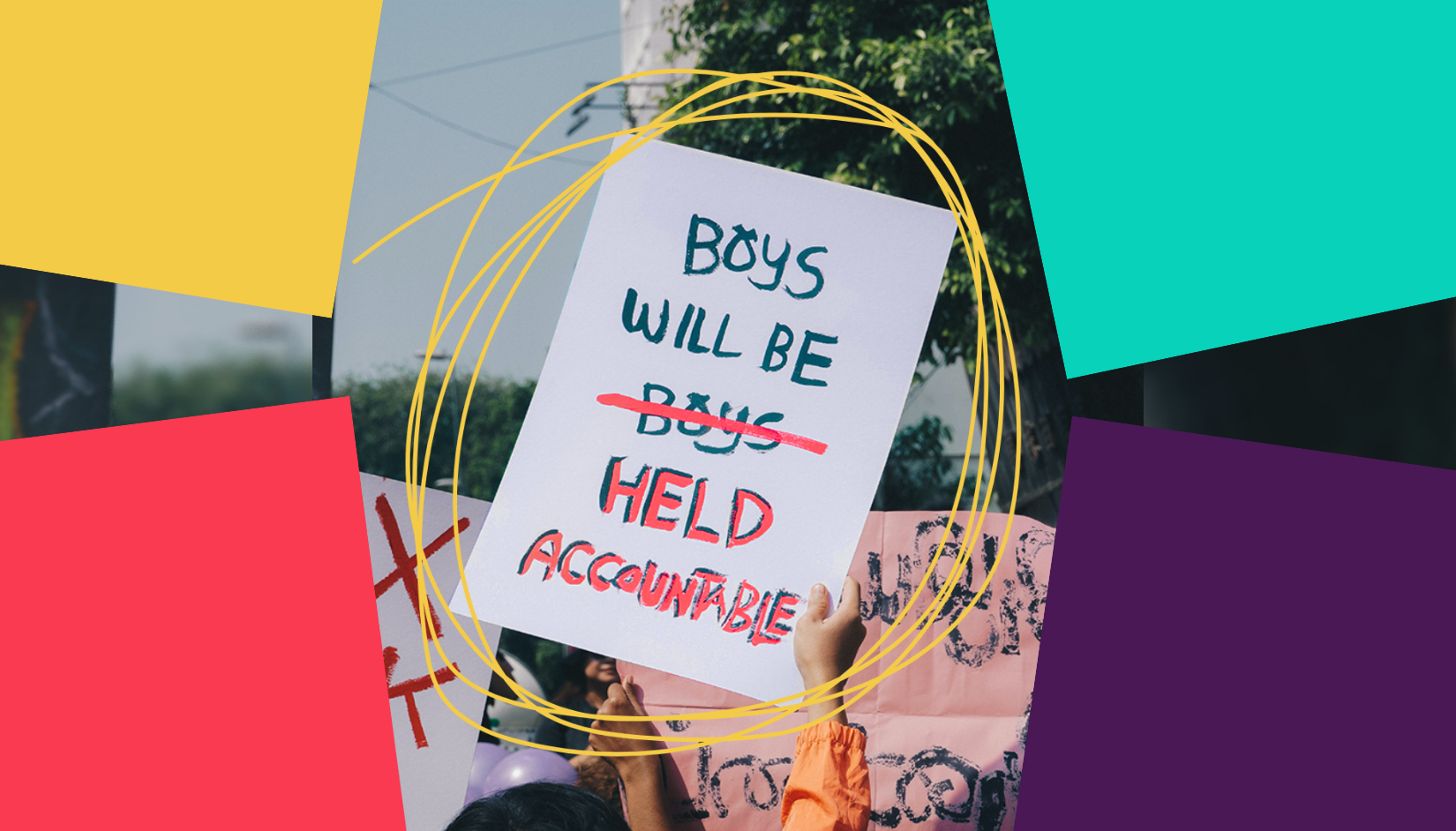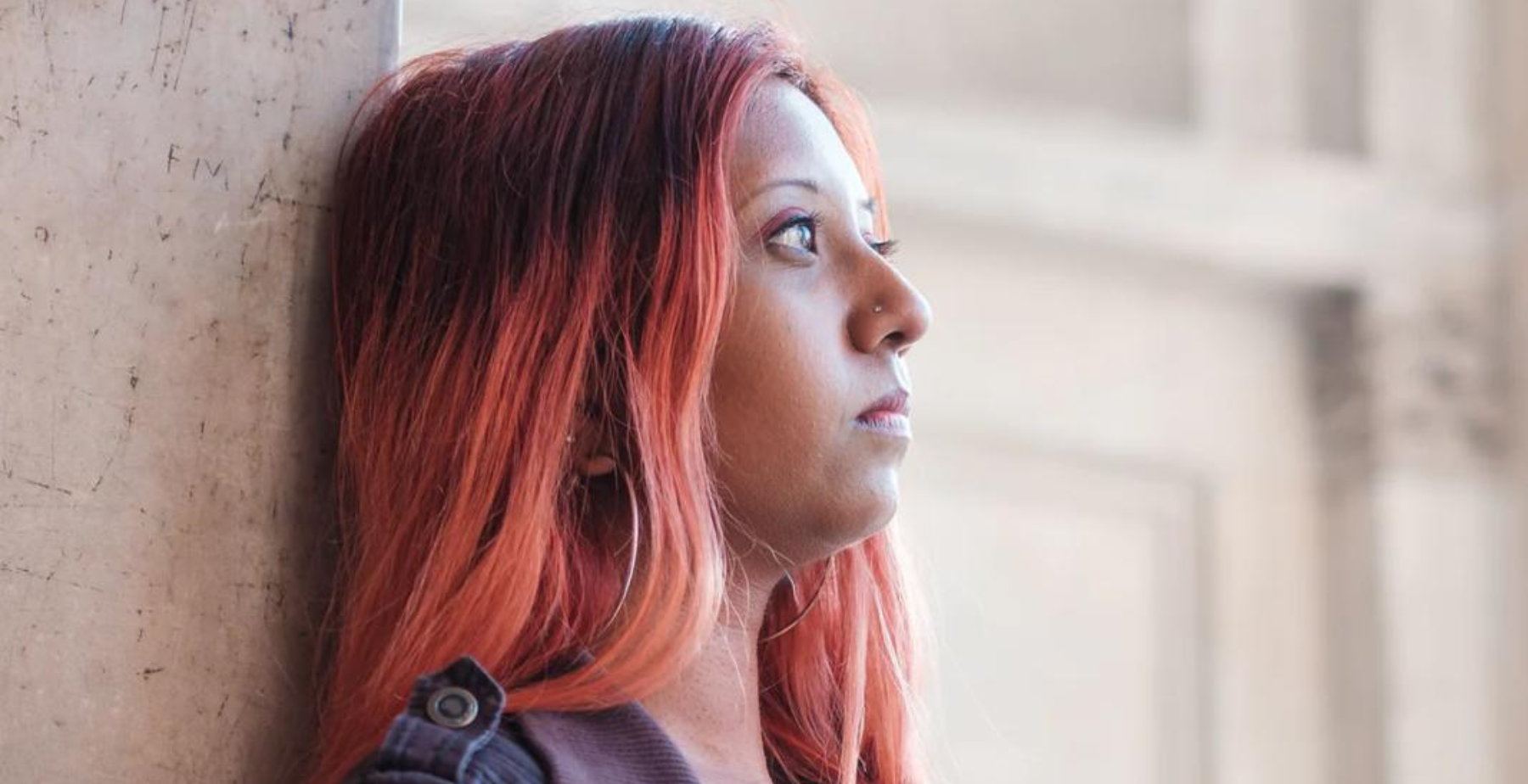 25 Nov
25 Nov
Today (Wednesday 8th November 2023), the newly appointed Victims’ Commissioner Baroness Newlove has published worrying new survey results, declaring they should be “a wake-up call for all those involved in the justice system”.
Of the 500 victims who responded:
- Only 10% were confident that the criminal justice system is effective
- Only 8% were confident that they could receive justice by reporting a crime
- 71% were dissatisfied with the police response to the crime
- Less than half (38%) said the police treated them fairly and with respect
- Over a third (34%) said they would not report a crime to the police again – rising to 37% for women and 43% for disabled people
- 70% felt that they had to wait too long for their case to come to court (up from 66% in 2021)
- Only 29% said they were offered the opportunity to make a Victim Personal Statement – a drop from 39% in 2021
- Of those referred to victim services, less than a third of respondents (29%) agreed it was easy to find suitable victims’ services for their specific issues, with barriers including lack of funding and availability
These findings lay bare the inadequacy of the criminal justice system and the glaring need for more ambitious reforms to uphold the rights of victims and survivors of violence against women and girls. The current legislative vehicle for doing so however, remains sorely lacking.
We know that procedural justice – how victims are treated throughout the justice process – is just as important to victims as securing a conviction, and sometimes even more important. Yet this is an area where victims and survivors of violence against women and girls are repeatedly let down. Rape survivors in particular are facing a system that makes them feel like the one under investigation rather than the suspect, and routinely requests their private data and information.
Keep Counselling Confidential
There are clear actions the government can take now to improve rape survivors’ experiences of engaging with the criminal justice system. With Rape Crisis England & Wales, the Centre for Women’s Justice and Rights of Women, we are calling for the government to use the new Victim and Prisoners Bill to introduce a national scheme of free, independent legal advice for survivors of rape to help them navigate what is an often hostile and difficult justice process. We are also calling for the UK to draw on international best practice by legislating for greater protection for survivors’ private therapy notes, as survivors are often forced to choose between justice and healing, as their therapy notes are often shared with the police, prosecutors and courts.
Current proposals to address this in the Victims and Prisoners Bill do not go far enough, and simply reinforce what’s already in law for third party materials under the Data Protection Act 2018. Our proposal for better protections is supported by the British Association for Counselling and Psychotherapy (BACP), the UK Council for Psychotherapy, the National Counselling Society, and the British Psychological Society.
Funding crisis for support services
The poor experiences of survivors are compounded by a general lack of access to specialist support services, something the violence against women and girls sector and independent experts have long raised the alarm about; particularly organisations led by and for Black, minoritised, migrant, Deaf and disabled women. Along with a coalition of women’s organisations, we call on the government to ring-fence funding for these vital services, including for women with no recourse to public funds.
The Victim’s Commissioner’s survey findings are not disaggregated by ethnicity or status, but we know that Black, minoritised and migrant survivors often describe discriminatory treatment. In particular, migrant women face greater barriers to seeking help from public services including the police.
As a result of government policy, many survivors with insecure immigration status face an impossible choice between staying with an abuser or facing potential criminalisation, detention and even removal from the UK when they report abuse. This is unacceptable and we call on the government to establish a firewall between all public services and the Home Office so that all women can report abuse and access justice and safety. We also reiterate our long-standing calls for the government to commission independent research into who and who does not access the justice system, and why.
Andrea Simon, Director of the End Violence Against Women Coalition (EVAW), said:
“Findings of low victim confidence in the criminal justice system are unfortunately not new; survivors of male violence against women and girls and those who support them have long spoken out about end-to-end failings across the justice system and the multiple barriers to accessing good outcomes and support.
As highlighted by Baroness Newlove, the Victims and Prisoners Bill is a potential vehicle to address many of these issues, but in its current format, it will not do this unless urgently reformed.
It’s a huge concern that less than a third of victims found it easy to access suitable support services to meet their needs. We know that marginalised women facing multiple inequalities bear the brunt of the government’s chronic underfunding of life-saving support services. This is a critical part of a whole-society approach to ending violence against women and girls and we urge ministers to commit to sustainable and ring-fenced funding. This must be a priority for all political parties ahead of the next General Election. Women and girls deserve to hear a different story by the next time these findings come out.”
ENDS
Media contact
Sinead Geoghegan, Communications Manager, media@evaw.org.uk
Recommended ARTICLES
 25 Nov
25 Nov
 15 Nov
15 Nov
 12 Nov
12 Nov

